The Economics Of Adult Halloween
October 29, 2013 in Daily Bulletin

Jason Notte wrote that Halloween is no longer a children’s event – something that, by now, must be clear to most people in the United States:
- $1.2 billion is spent on adult Halloween costumes – more than the $1.0 billion that is spent on children’s costumes.
- 43% of adults plan to dress up in 2013 – up from 34% in 2006.
- Seasonal Halloween themed beer sales jump during the season – making Halloween second only to New Year’s Day and the Super Bowl in terms of sales bumps.
- Hollywood has long known the power of adult spending at Halloween. R rated horror movies generate substantial revenues during the season.
- Adult Halloween parties include Key West’s Fantasy Fest which brings together 70,000 costumed partiers hosted by porn stars.
Read more about why children, on the other hand, have been increasingly unable to enjoy Halloween, and more over here.
Source: The Street








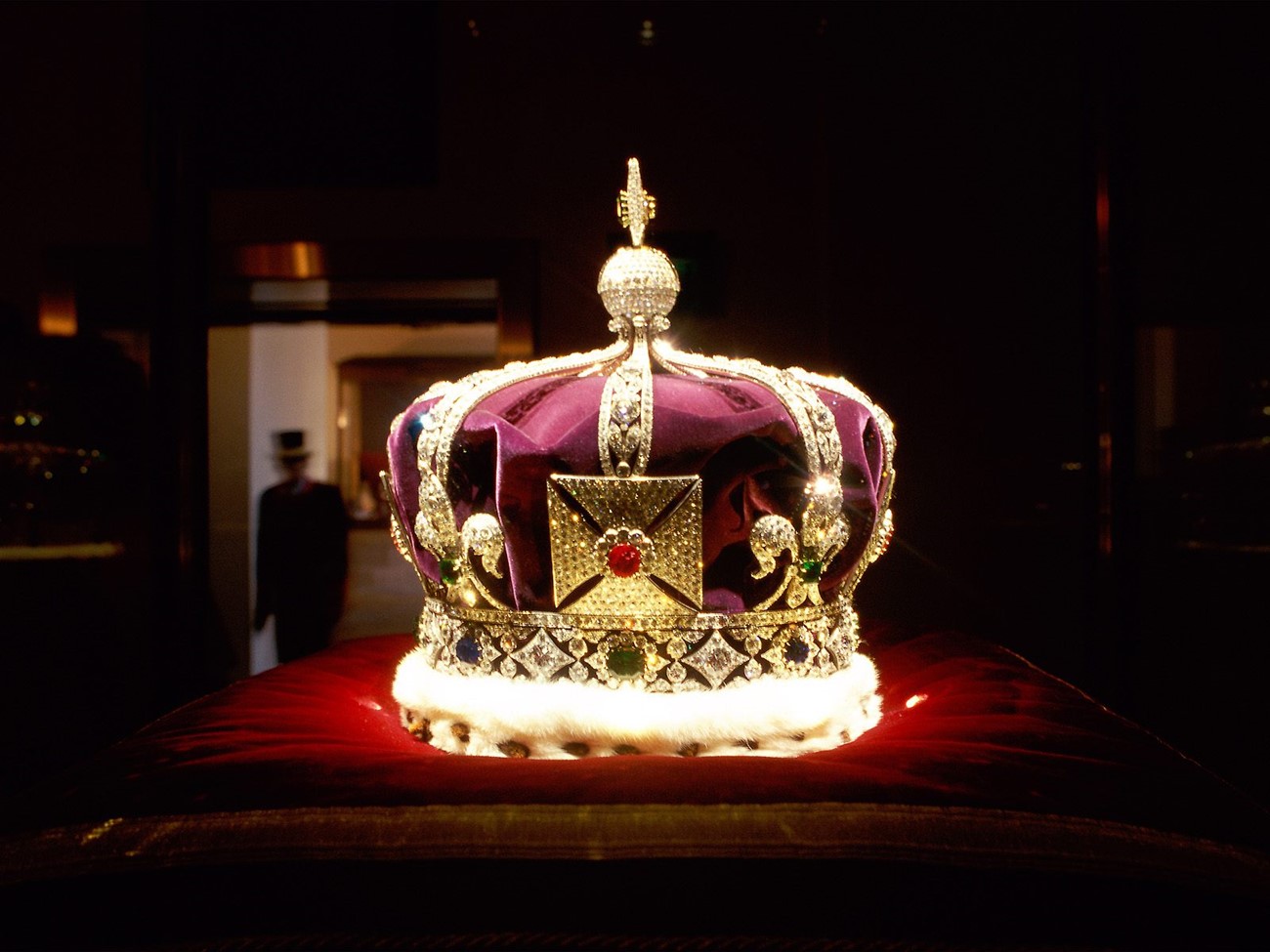

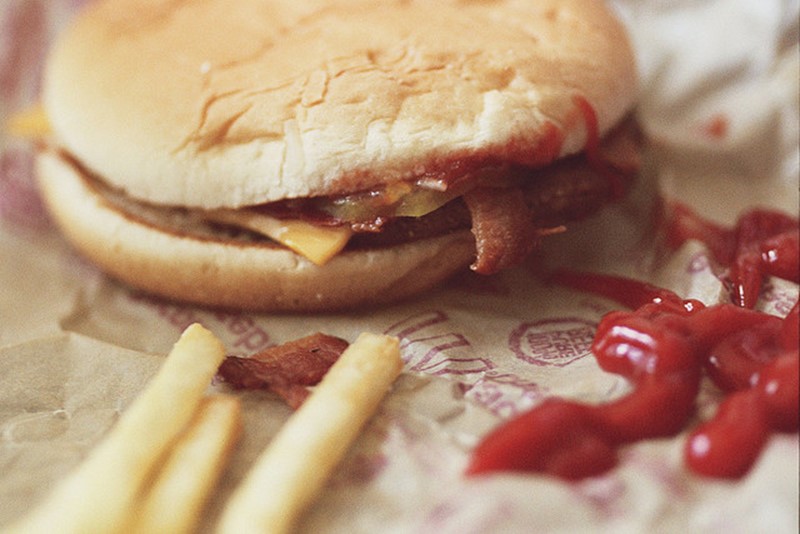

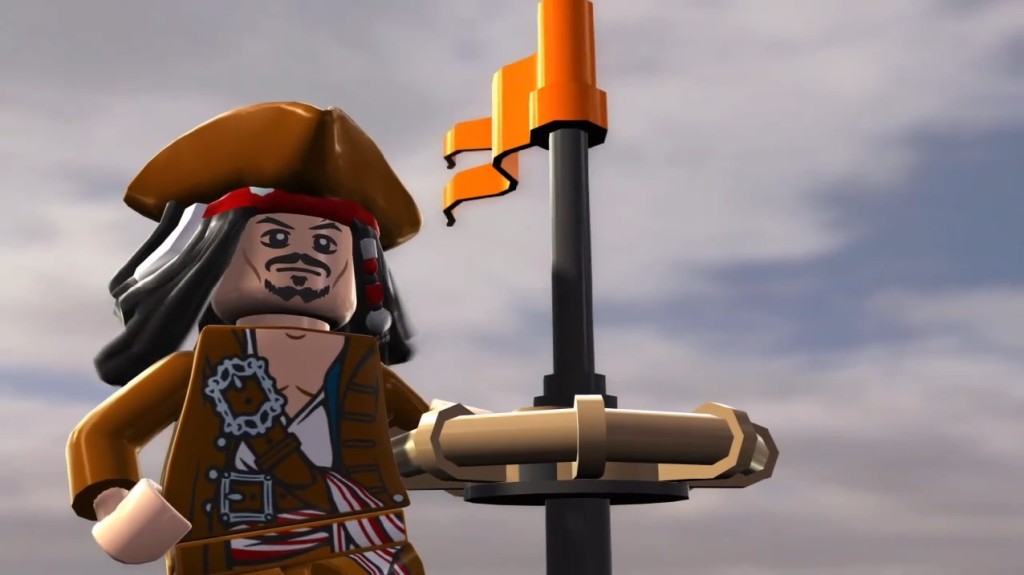

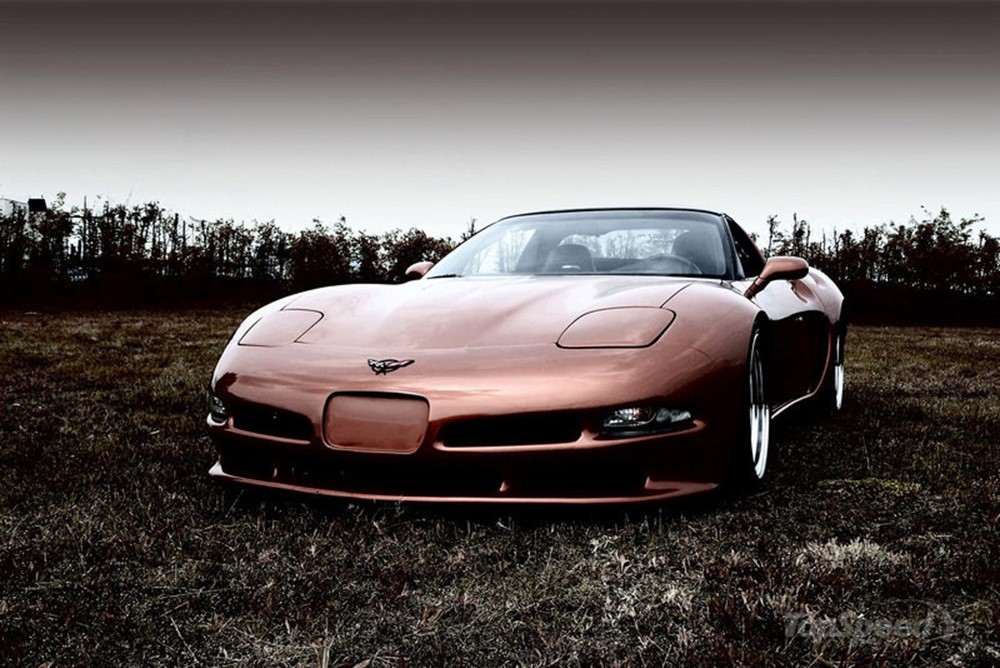

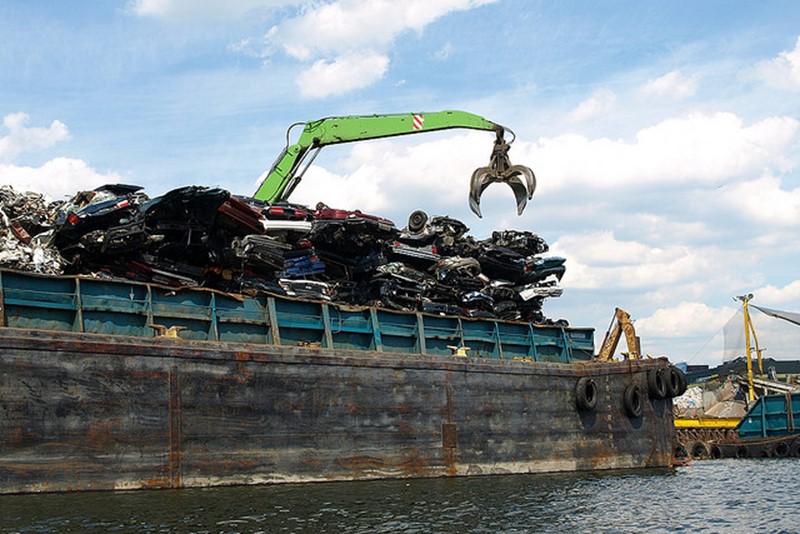
Join the Discussion! (No Signup Required)